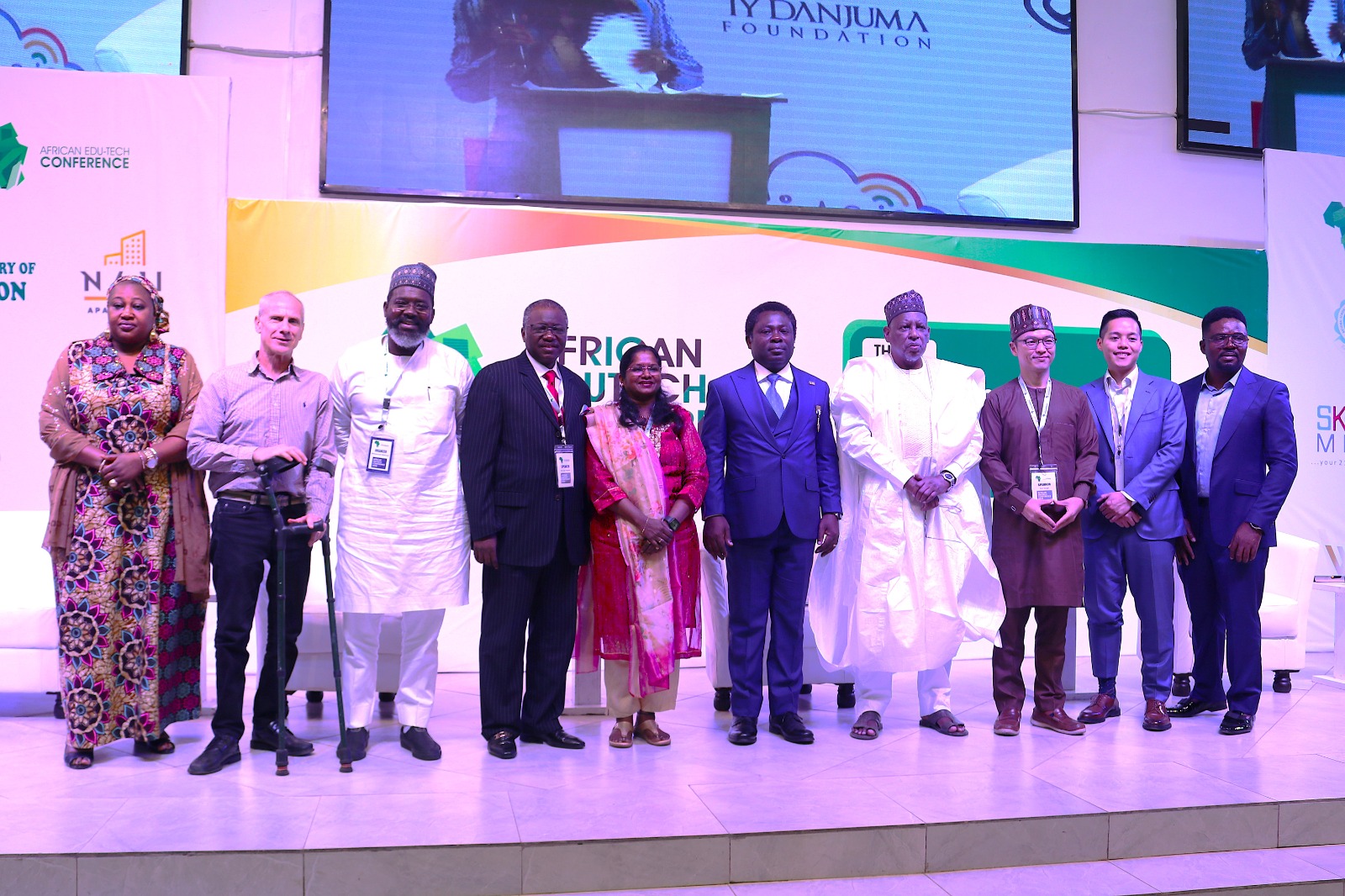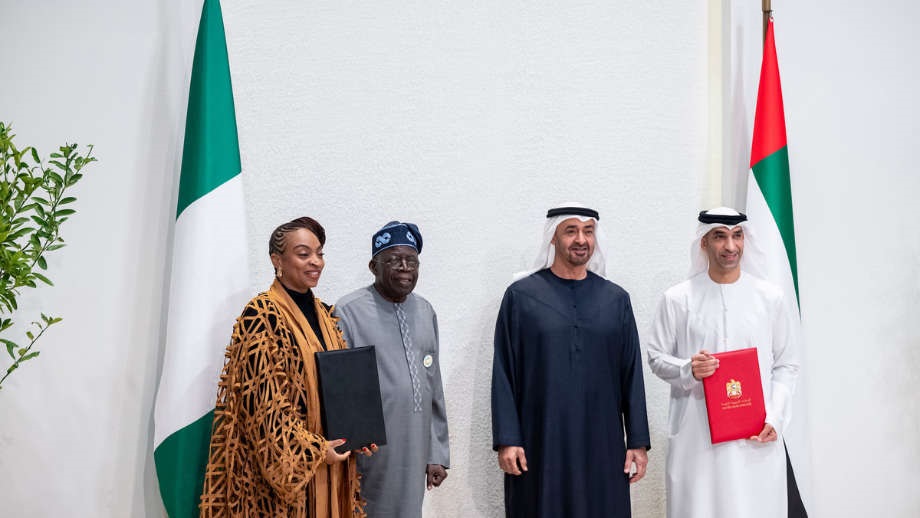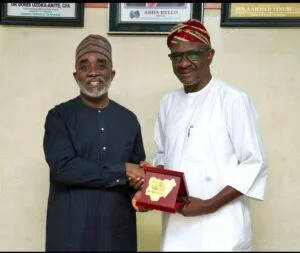The Korea International Cooperation Agency (KOICA) Nigeria on Wednesday said it remained committed to supporting the development of educational technology (edtech) ecosystem in Africa.
The Country Director of the agency, Mr Son Sungil stated this in Abuja during the 6th edition of the African Edutech Conference hosted by KOICA in collaboration with UBEC, and the Nigerian-British Chamber of Commerce (NBCC), among others.
According to Son, EdTech leverages software and hardware to enhance learning outcomes in the classroom.
He said KOICA would continue to support Africa’s education sector through strategic partnerships, edtech infrastructure development and capacity-building initiatives for teachers, school leaders, and education stakeholders.
“KOICA is committed to improving learning outcomes in schools across Africa through innovative smart solutions and collaborative efforts.
“We are working with relevant education stakeholders across Africa toward achieving the United Nations’ Sustainable Development Goal 4 (Quality Education),”he said.
The KOICA country director affirmed that the agency has been working on improving basic education in Nigeria since 2013.
“In 2018 we established the first Model school in Abuja called Nigeria-Korea model school (NKMS), which focuses on the use of multimedia contents and edtech facilities in delivering better teaching and learning experience for pupils
“In 2021 we started a Smart education project in collaboration with Universal Basic Education, installing modern education Content Development Studios in 6 smart schools across 6 states,
“We trained 250 teachers, principals and education stakeholders in Korea and Nigeria on Smart education, and developed Smart education guidelines for school operation.
“By co-hosting this year’s Africa Edtech conference, KOICA hopes to foster a vibrant edtech ecosystem in Africa, driven by our shared passion for quality education and sustainable development that leaves no one behind,” Son said.
NAN reports that the event attracted educators, researchers, aacademics, and students from various African countries to facilitate global knowledge sharing, collaboration, and innovation. (NAN)





